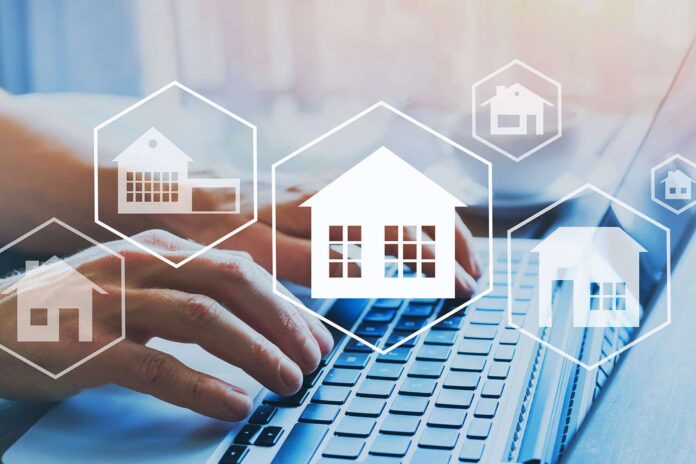Property management is a complex endeavor that involves handling various tasks ranging from rent collection to maintenance requests. In this digital age, property management software has emerged as a game-changer for property owners, managers, and landlords. This article delves into the world of property management software, exploring its benefits, key features, selection process, implementation, challenges, and future trends.
The Benefits of Using Property Management Software
Streamlining Operations
Property management software provides a centralized platform to manage all aspects of property operations. It eliminates the need for manual record-keeping and helps in automating tasks such as lease tracking, tenant communication, and maintenance scheduling. This streamlines operations and reduces the risk of errors.
Efficient Communication
Clear communication is essential in property management. Software solutions offer messaging features that enable property managers to communicate with tenants, maintenance teams, and other stakeholders seamlessly. This ensures prompt response to queries and timely updates.
Rent Collection and Financial Management
Gone are the days of collecting rent through checks. Property management software enables online rent payments, automating the process and improving cash flow. Additionally, these tools often include financial management features like expense tracking, budgeting, and generating financial reports.
Tenant and Lease Management
Managing tenant information and leases can be overwhelming, especially for larger properties. Software simplifies tenant screening, lease agreement management, and renewal notifications. This ensures that all necessary documentation is organized and accessible.
Key Features to Look for in Property Management Software
Online Payment Processing
Efficient rent collection is crucial for property owners. Look for software that supports online payment processing, enabling tenants to pay their rent securely through various methods.
Maintenance Request Management
A robust software should facilitate maintenance request submissions and tracking. This feature allows tenants to report issues online, streamlining the repair and maintenance process.
Document Management
Property-related documents, such as leases, contracts, and inspection reports, need proper organization. An ideal software offers a document management system that ensures easy retrieval and secure storage.
Reporting and Analytics
Comprehensive reports and analytics provide valuable insights into property performance. Look for software that offers customizable reports on key metrics such as occupancy rates, rent collection, and maintenance costs.
Choosing the Right Property Management Software for Your Needs
Assessing Your Requirements
Before embarking on your software search, assess your property management needs. Determine the size of your property portfolio, the number of units, and the specific challenges you face.
Researching Options
There is a myriad of property management software available. Research different options, comparing features, pricing, and customer reviews to shortlist those that align with your requirements.
Reading User Reviews
User reviews offer real-world insights into software performance. They highlight both strengths and weaknesses, helping you make an informed decision.
Requesting Demos
Most software providers offer demos. Requesting a demo allows you to experience the software’s interface, features, and functionality firsthand.
Implementing Property Management Software Successfully
Onboarding and Training
Proper onboarding and training are essential for a smooth transition to new software. Ensure that your team understands how to use the software effectively.
Data Migration
If you’re transitioning from manual processes or a different software, data migration is crucial. Ensure that all existing data is accurately transferred.
Customization and Integration
Customize the software to match your workflow and integrate it with other tools you use, such as accounting software or communication platforms.
Overcoming Challenges in Property Management Software Implementation
Resistance to Change
Introducing new software may face resistance from employees comfortable with existing processes. Communicate the benefits of the software and provide training to alleviate concerns.
Technical Glitches
Software glitches can occur. Have a plan in place to troubleshoot technical issues and ensure a quick resolution.
Data Security Concerns
Property management involves sensitive tenant data. Choose software with robust security measures to safeguard this information.
The Future of Property Management Software
AI and Automation
The future of property management software lies in AI-driven automation. Expect to see features like predictive maintenance, AI-powered tenant interactions, and smart analytics.
Enhanced Tenant Experience
Software will focus on enhancing the tenant experience. Portals for online rent payments, maintenance requests, and communication will become more intuitive and user-friendly.
Conclusion
Property management software is a transformative tool that revolutionizes how properties are managed. From simplifying operations to enhancing tenant experiences, its benefits are immense. As technology evolves, property management software will continue to adapt and bring unprecedented levels of efficiency and convenience to property owners and managers.








